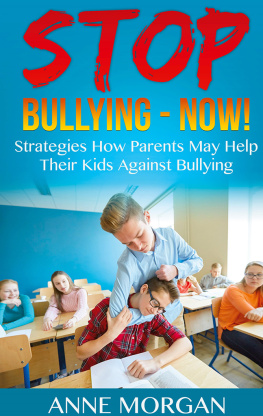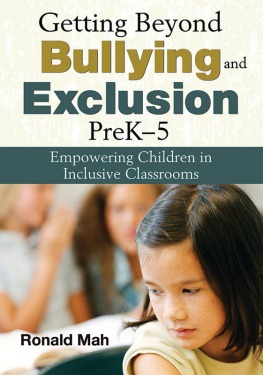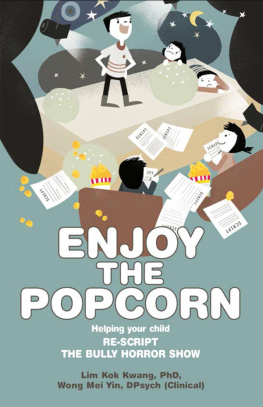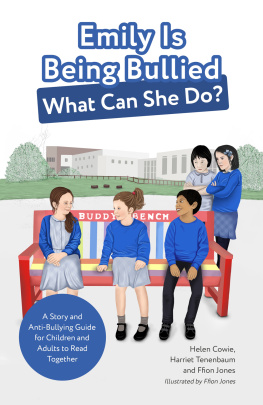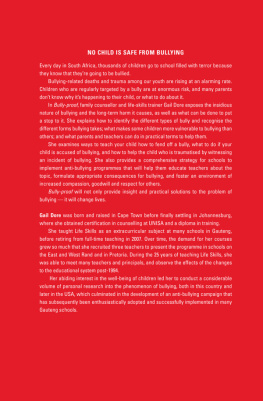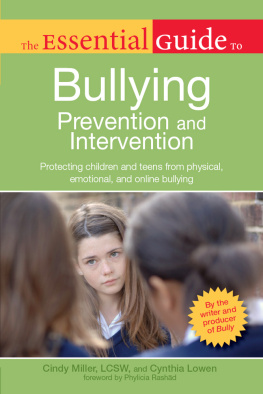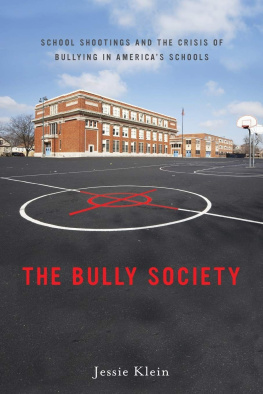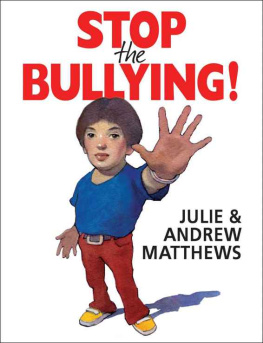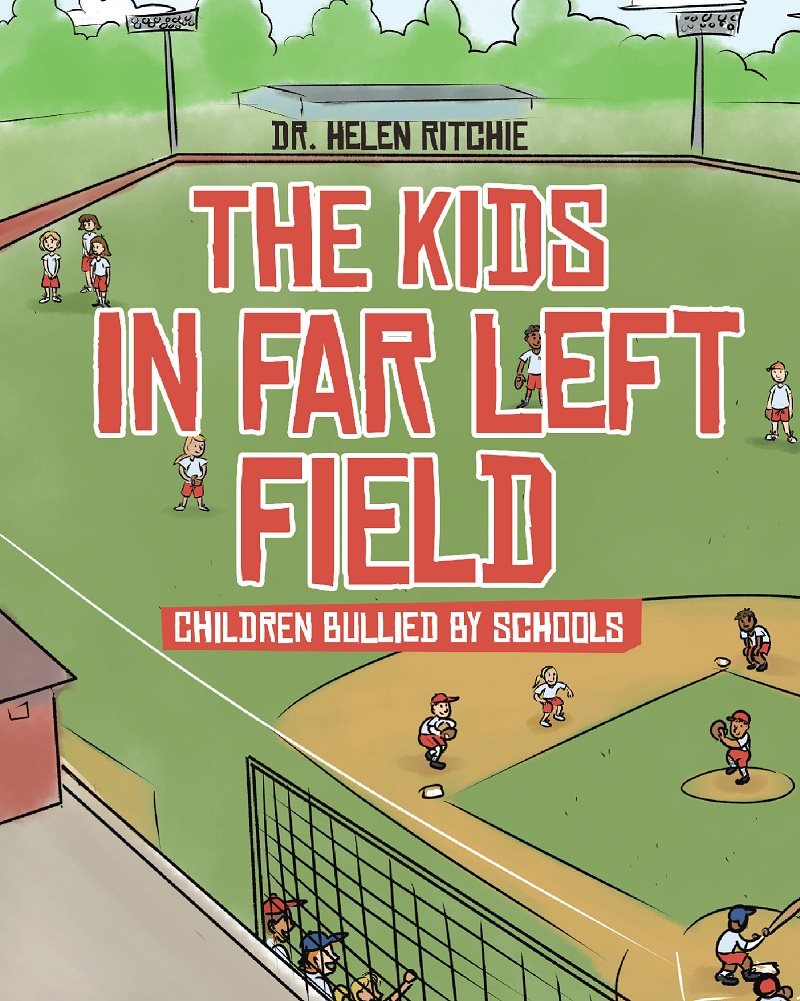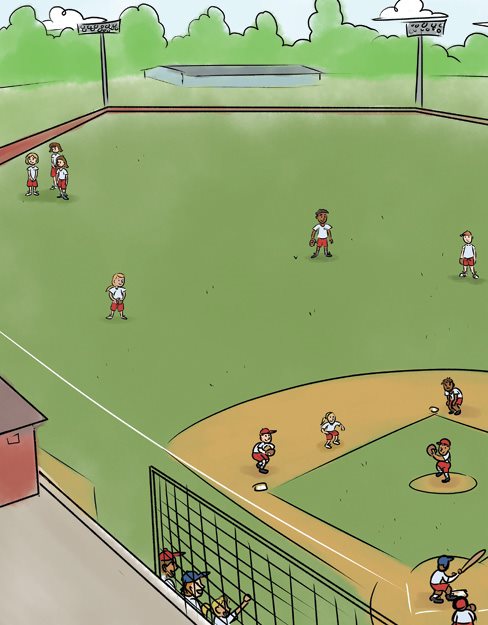Table of Contents
Introduction
For over six years, I had a private adolescent counseling practice. In addition to private clients, I conducted counseling groups for failing students at their schools. I also gave workshops for teachers to help them learn the nature of student failure and suggest ways they could better teach their charges. During my tenure as a student teacher candidate university instructor, I visited many classrooms. In addition, I visited the classrooms of career teachers and videotaped teachers on-the-job for teaching purposes.
Children and adolescents need to know how their behavior impacts others. That is not something they can learn in the everyday world. As a counselor, the job was to teach them how their behavior can get in the way of success. Counseling is the safe place to confront issues such as how they influence the reactions of others. It is important to be sincere and open with the child client. Objective counseling is not enough; you must be subjectively forthcoming. Students who are failing have no one to tell them how they impact others. If you cannot be honest about your feelings toward the client, who can? I am an average person, and my reactions to life events match that of average people. It is my duty to let the client know if I have strong feelings about their antisocial comments and behavior. Sometimes, it is difficult, but thats one of things they come to me for. Adolescents do not have enough adults they trust who are honest, caring, and provide safety to have conversations about how their behavior creates their own history.
There were occasions I had to tell clients, I have been trying and trying to like you, but I cannot. What are you getting out of being unlikeable? That always sparked truly therapeutic dialogue. If I felt angry at what they were saying, I let them know that, too. Troubled adolescents are manipulative; they are good at making comments that test your resolve and sincerity; they are actually hoping for honest reactions to their behavior patterns. Counselors for adolescents and children must offer a place for honest reality checking. They desperately want to know. Therapeutically you must confront the client. Sincerity is important to adolescents. They are constantly testing adults for sincerity.
Counselors need to have the courage and inner strength to let emotions rule. Its like being a piano. The client plays a tune on your keys. It is up to the counselor to identify the lyrics. Then, together, you can bring about positive changes for the client. You need to identify with those experiences in order to help a client change the tune and lyrics. Those experiences that a client has may be dark, painful and difficult, but you must let the client play them on the keystrokes of your own emotions. You must at all times be aware of the emotional impact adolescents are making on you. Then you must discuss that impact. That will lead you to the clients problems and find solutions together. If you draw a blank on the lyrics; then the clients need to tell you more. If you draw a blank, that is the time to stop and get more information from the client. If you cannot internalize what the client is saying, then it is time for the counselor to get counseling to find out what is in your way. I have sought counseling a number of times to help me understand my emotional blocks. Understanding the reason for your own emotional blocks will result in help for your clients.
If you do not own up to your own avoidance, then you will fall prey to a clients manipulations. This will prevent reaching therapeutic progress. You could be a victim of countertransference without knowing it. Manipulative adolescents constantly try to use transference during counseling. They may not know the process, but they use it. Using psychological buzz terms will only teach a client how to become more savvy in hiding important emotions from counselors. If you teach a client psychological buzzwords, you are only making it harder for the client to change behaviors and stymie subsequent counselors.
Along with internalizing clients dialogue, I use a cognitive approach. When it is necessary to change destructive habits, behavioral therapyalong with cognitive approachesworks well. That is my approach to counseling. But, above all, clients need to know how they affect other people. Their success in life depends on other people. Counselors can help them learn how their behavior gets in the way of success in life. Only then can an adolescent with problems become a successful adult.
Chapter 1
My Story
By the sixth grade, I knew I would never be chosen to be on a team for Physical Education class. By the seventh grade, I knew that I would not make the A list of social popularity. As it turned out, I believe I was a never-remembered kid by peers in grades five through twelve. I was clueless of how to change that. As with other forgotten, unwanted, failing students, I never gave up hope. I mistakenly thought everything would be better as I progressed through school grades. It never was better. I took the old me to the new grades and schools.
Not too long ago, I attended a class reunion. Apart from two friends, no one remembered or recognized me. I tried to be social and introduced myself; no one recalled that I was one of their peers. When I introduced myself to one former fellow student, he was amazed that I did not recognize him , senior class president. He had no clue that I was in the senior class. He only knew he was imminently unforgettable and somewhat shocked that I did not remember him. That is the fate of the kids in far left field; I will always be one of the unwanted, leftover people. It no longer mattered to me that no one recognized or remembered me from school. By then, my life was filled with success and many accomplished friends.
Some sports commonly assigned in physical education classes always led to failure for me. If the sport was baseball, I was not chosen to be on a team, but assigned to made-up team membership at the very end of selection with the other leftover girls. I would be given far, far out on left field to play where a ball hardly ever came by. I would be with other leftover, unwanted girls assigned to far left, far center, and far right field. We were not chosen ones; we were given the extra person, extraneous, made-up positions on a team. The chosen team members that got us groaned and made no secret of not wanting to have us on their team. Teachers never intervened on our behalf.
Of course we got together and had a gabfest. What else was there to do? A ball coming our way was a nuisance and interruption in our activity. It was an infrequent event. We went after the ball on our own time. A defensive act of revenge, maybe. After all, we were playing an altogether different game. We were trying to make the best of a sad, humiliating situation. We were forgotten unless we missed catching the ball. Then we heard disapproval from the team. Team sports were excruciatingly painful events.
Team captains choose players from available children. The same children arent chosen and assigned by a teacher to be on a team. They are assigned a made-up position, far, far, right, center of left fielders. They are really excluded from the game and rejected by the other children.
Had we played in a stadium, we would be way, way up in the stands. At least then we could sit. After all, we were spectators. At our turn to bat, wanted team players groaned. We were such a waste of time to them.


